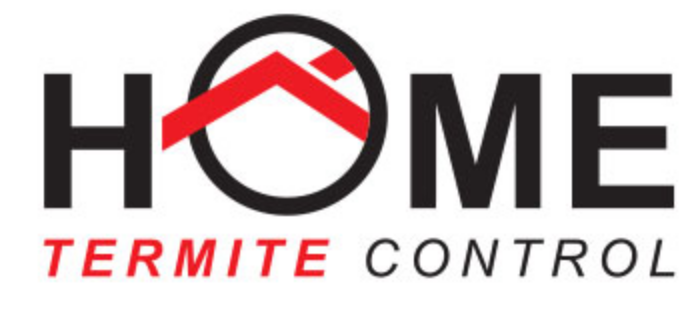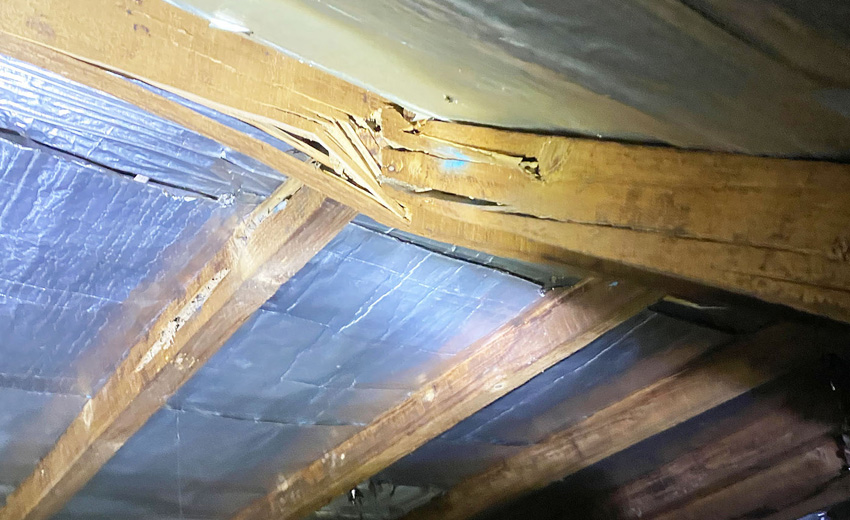The Inside Story on Selling (and Buying) Termite Infested Houses
Let’s face it; most people would hesitate to buy a house with a history of termite or active termite infestations. Sellers are very hesitant to disclose this information albeit if they should be being transparent. They fear that any termite damage or activity inside the house may become a problem and send prospective buyers away. If you are selling a house that was infested, Is it possible to both disclose the prior damage and maintain the value of your home?
Selling a House with Termite Damage is Possible
Prospective buyers will likely get a termite and pest inspection before purchasing the property. Be prepared for this by ensuring:
- There are no current infestations inside the house or on the property.
- The house was treated by a professional at the time of infestation.
- It has long-term termite prevention barriers installed.
- Termite damage that may compromise the integrity of the structure has been repaired.
If you can show that the infestation has been treated and cleared, and any severe damage completely fixed, buyers will have peace of mind. Their main worry for buyers is being lumped with huge termite treatment, relocation, and damage repair costs(*1).
As seen in the video from A Current Affair(*2), the impact on all involved in a sale of a house with termite damage can be significant. As detailed below, there can be legal ramifications for those involved with selling the house (including pest inspectors, real estate agents and homeowners).
Video credit: A Current Affair (YouTube)
Is it Illegal Not to Disclose Prior Termite Damage?
In some countries, states and territories, homeowners are legally required to disclose prior termite damage. If you aren’t sure what laws apply to you, check with your local or state government or seek legal advice(*3). Some locations have laws that require homeowners and Real Estate representatives to disclose if termite damage has impacted the structural integrity of the home.
No matter what the law is in your locality, always be mindful that buyers are putting their faith in you to be a responsible, transparent seller. There can be significant legal ramifications for sellers who have sold a house with termite damage without disclosure(*3).
Not Sure if You Have Termite Damage?
Because some homeowners are not aware of termite problems concealed behind walls or around the foundation, it is crucial to hire a professional termite inspector. Professional inspectors will check for previous and or current signs of a termite invasion. This termite information is usually noted on a pre-purchase termite and other timber pest inspections.
Pre-Purchase Termite and Pest Inspections Cover:
- Present termite activity.
- Past termite activity.
- Termite treatments used.
- Termite related damage that has not been fixed.
If you have already treated a termite infestation in your house, completely repaired any extensive damage, and get a regular termite inspection, past termite problems should not really affect your ability to sell your house. On the other hand, it would be challenging to sell your house if termite damage has not been fixed or a termite invasion has not been treated.
Licenced Pest Controllers
To be on the safer side, it is best to contact a licenced termite inspector or a licensed pest controller. They will carry out a pre-purchase timber inspection and meticulously check the property for signs of termite activity. Should they find active termites in the property, they can then advise you on proper termite control methods and extent of the damage.
References *1. Home Termite Control. Termite Inspection. 2020. *2. A Current Affair. Millions of termites found in walls of couple's new home | A Current Affair. YouTube video. 2020. *3. Bush, M. Do I Need to Disclose Pre-Existing Termite Damage to My Home? Shire Legal. 2015.

